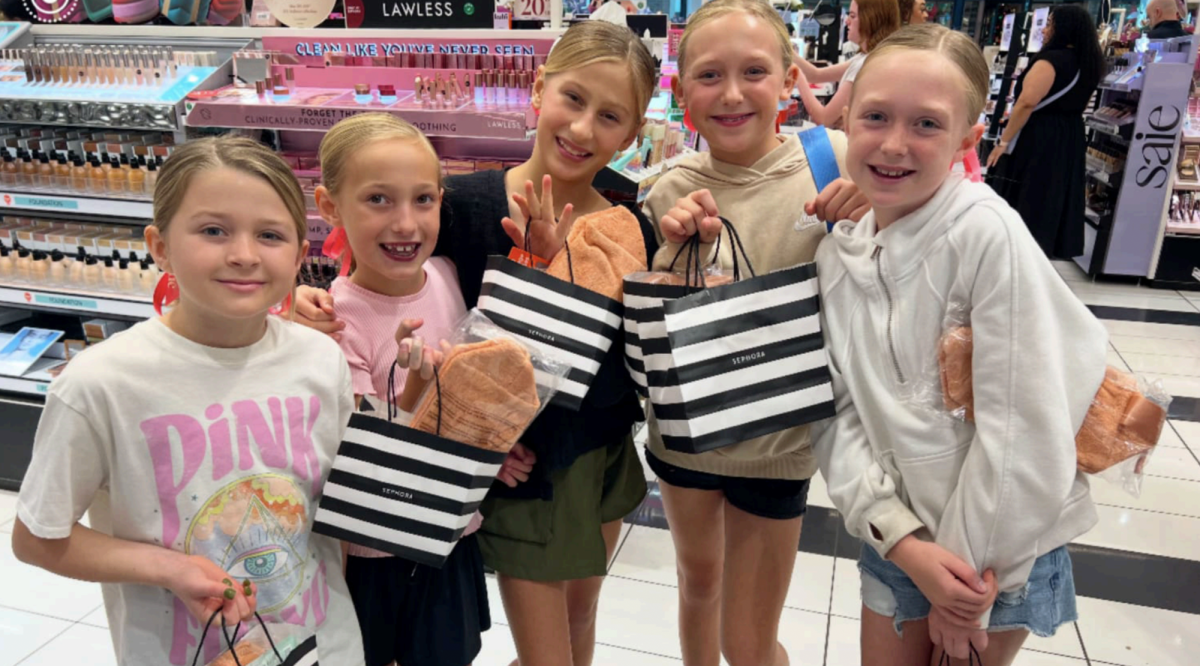
happi.com
Get ready, Taft, because ready or not, iPad kids are coming! Gen Alpha may not be little kids anymore. In fact, the oldest of the generation may already be in our midst. In just a few more years, the very last Gen Z cohort at Taft will graduate, and our student body will be entirely Generation Alpha.
What comes to mind when you think of Gen Alpha? I bet it’s something along the lines of iPads, Roblox, or YouTube. Or maybe it’s some of their cringey slang like “skibidi,” “sigma,” or “rizz.” Because Gen Z’s cutoff years are roughly 1995 to 2010, Gen Alpha is the first generation to be born entirely in the 21st century. This means growing up swamped with oversimulating content, such as Cocomelon, Blippi, and everything else on YouTube. And, on top of that, many of them were very young children or had been born during the COVID-19 Pandemic, which only exacerbated their attachment to screens.
We’ve heard it all: “screen addicted,” “endless swiping,” “brain rot,” “shortened attention span,” and so on. But excessive screen time isn’t the only consequence of technology on Gen Alpha. A notable phenomenon is what they call “Sephora kids.” Sephora kids are girls aged 6 to 12 who are obsessed with buying skincare and makeup from stores like Sephora or Ulta. Before even hitting puberty, these young girls are already putting on anti-aging creams, makeup, and perfume from famous brands such as Drunk Elephant and Sol de Janeiro. Instead of the sparkly backpacks or pink scooters we Gen Z girls loved when we were their age, 10-year-olds today are begging their parents for a Summer Fridays lip balm or a Rare Beauty blush. According to Mintel, a market research company, kids under 14 are growing rapidly as a beauty consumer group, with a spending power projected to reach $5.5 trillion by 2029.
Not to blame it on the phone (or iPad), but Gen Alpha’s pressure to look and act grown up is a direct result of their premature exposure to social media platforms like TikTok, where influencers are constantly marketing products to users. Parents are concerned about their daughters associating their self-esteem with the beauty industry. Ann Duning, a Latina entrepreneur and mother, says she “wants (her) daughter to understand that makeup doesn’t equate to beauty.” The “Sephora kid” issue is one of many ways that social media has influenced Gen Alpha’s behavior, along with screen dependency and lack of foundational skills, like reading and self-discipline. But is Gen Z really any better?
I have a confession to make: I am a major iPad kid. Making fun of my 9-year-old brother for being addicted to his iPad was a lot of fun until I saw my own screen time on my iPad. Steve Jobs presented the first-ever iPad just two years after I was born, and I’ve had one for as long as I can remember. My iPad now lives in my desk drawer here at Taft, and I like to watch YouTube videos or play games like Hay Day or Cooking Fever on it. I love my iPad, and I know many of you do too! So, is there really a big difference between the youngest members of Gen Z and the oldest members of Gen Alpha? Probably not. Therefore, seeing the troubling behavior of the generation after us forces us to reflect on our own relationship with technology. Maybe, as the last Gen Z students ever at Taft, we should stop laughing at iPad kids and focus more on being mindful about how social media is affecting us: our language, spending habits, self-esteem, and more.